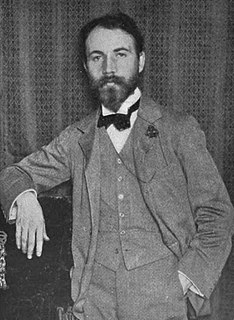A Quote by Gyles Brandreth
I learnt German as well as English, so by the time I was three my parents has already decided I was a gifted child.
Related Quotes
My parents have always had a very limited command of English. Of course, when we first arrived in the UK, none of us spoke English, but it's much easier for a child to pick up languages. But the problem was not a lack of English; the problem was poor communication in any language. Remember, my parents came from rural Bangladesh with little education. It was alarming for them, I'm sure, to watch their boy very quickly exhaust whatever ability they had to teach the child something.
I work in Hebrew. Hebrew is deeply inspired by other languages. Not now, for the last three thousand years, Hebrew has been penetrated and fertilized by ancient Semitic languages - by Aramaic, by Greek, by Latin, by Arabic, by Yiddish, by Latino, by German, by Russian, by English, I could go on and on. It's very much like English. The English language took in many many fertilizations, many many genes, from other languages, from foreign languages - Latin, French, Nordic languages, German, Scandinavian languages. Every language has influences and is an influence.
I always lived in a multilingual society (Polish-Ukrainian, German-Ukrainian, English-Ukrainian), and was open to outside linguistic influences. I think it was within three years of coming to the US that I started writing in English, although purely for myself, not trying to get it published. Living in America, I was constantly in touch with English, and Ukrainian was for me a private language.
[Clover] secretly hitched a ride with a nice German couple and their new baby...Clover appeared to the baby, so as to be a delightful, soothing surprise. Well, the child did like Clover. In fact, she held him and cooed. When the parents turned around to look at her and saw their child holding a furry, living creature, they needlessly panicked.
A child is not a Christian child, not a Muslim child, but a child of Christian parents or a child of Muslim parents. This latter nomenclature, by the way, would be an excellent piece of consciousness-raising for the children themselves. A child who is told she is a 'child of Muslim parents' will immediately realize that religion is something for her to choose -or reject- when she becomes old enough to do so.
My mother thought my inclinations would do well in Law, but I was too shy and deliberative - slowfooted - for that, so I determined to be an English and German high school teacher. In my first year of university I had one subject to "fill in" and chose philosophy against the advice of my counselor. My university teachers in English and German were totally uninspiring; philosophy was wonderful and my results showed it. I chose it and basically backed into a situation in which only a philosophy career seemed a viable option. I've never regretted it, but there was a lot of serendipity.



































